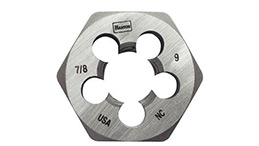Monitoring feeding, drinking, and bathroom habits is also crucial during recovery. A dog that refuses food or water, is excessively lethargic, or shows signs of distress may require veterinary attention. Moreover, a clean, quiet, and comfortable recuperation area will facilitate healing and affect the dog's pain levels.









